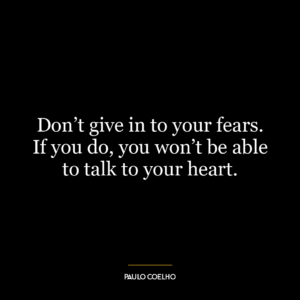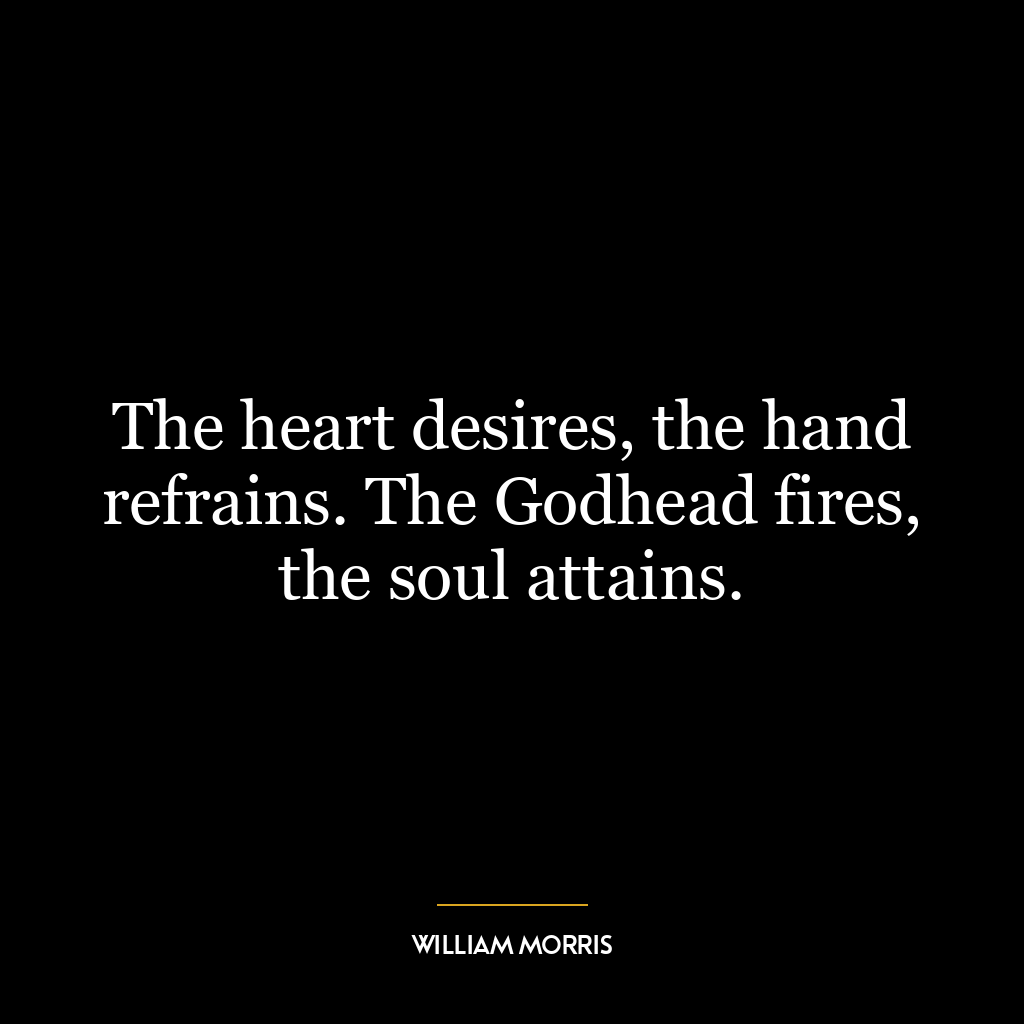This quote, “Sometimes our power resides not in what we do, but in what we don’t do,” is a profound statement about the nature of power and action. It suggests that power is not always about taking action, but can also be about restraint, about choosing not to act in certain situations.
To elaborate, power is often associated with action, with doing something to assert control or influence over others or situations. However, this quote challenges that conventional understanding by suggesting that there can be power in inaction as well. This can be seen in the form of self-restraint, where one chooses not to react in a situation even though they have the capacity to do so. This shows a different kind of power – the power of self-control, of being able to hold back and not give in to impulse or provocation.
In today’s world, this concept is particularly relevant in a variety of contexts. For instance, in the political realm, leaders often have to make the difficult decision of not intervening in certain situations, even when they have the power to do so. This can be seen as a form of strategic restraint, where the decision not to act can have significant implications and can be a powerful statement in itself.
In the realm of personal development, this idea can be applied in the context of emotional intelligence and self-control. For example, in a situation where someone is being provoked or baited into an argument, the power can lie in choosing not to engage, in not giving the provocateur the reaction they are seeking. This shows a high level of emotional intelligence and self-control, which are powerful traits to have.
Furthermore, in the digital age where social media and online communication are prevalent, the power of restraint can be seen in choosing not to engage in toxic or negative online behavior. By not participating in online trolling or cyberbullying, individuals demonstrate their power and control over their actions and contribute to a healthier online culture.
In conclusion, this quote suggests a nuanced understanding of power that goes beyond mere action. It suggests that power can also reside in our ability to control our actions, to choose when to act and when not to, which is a powerful concept in both the public realm and in personal development.









